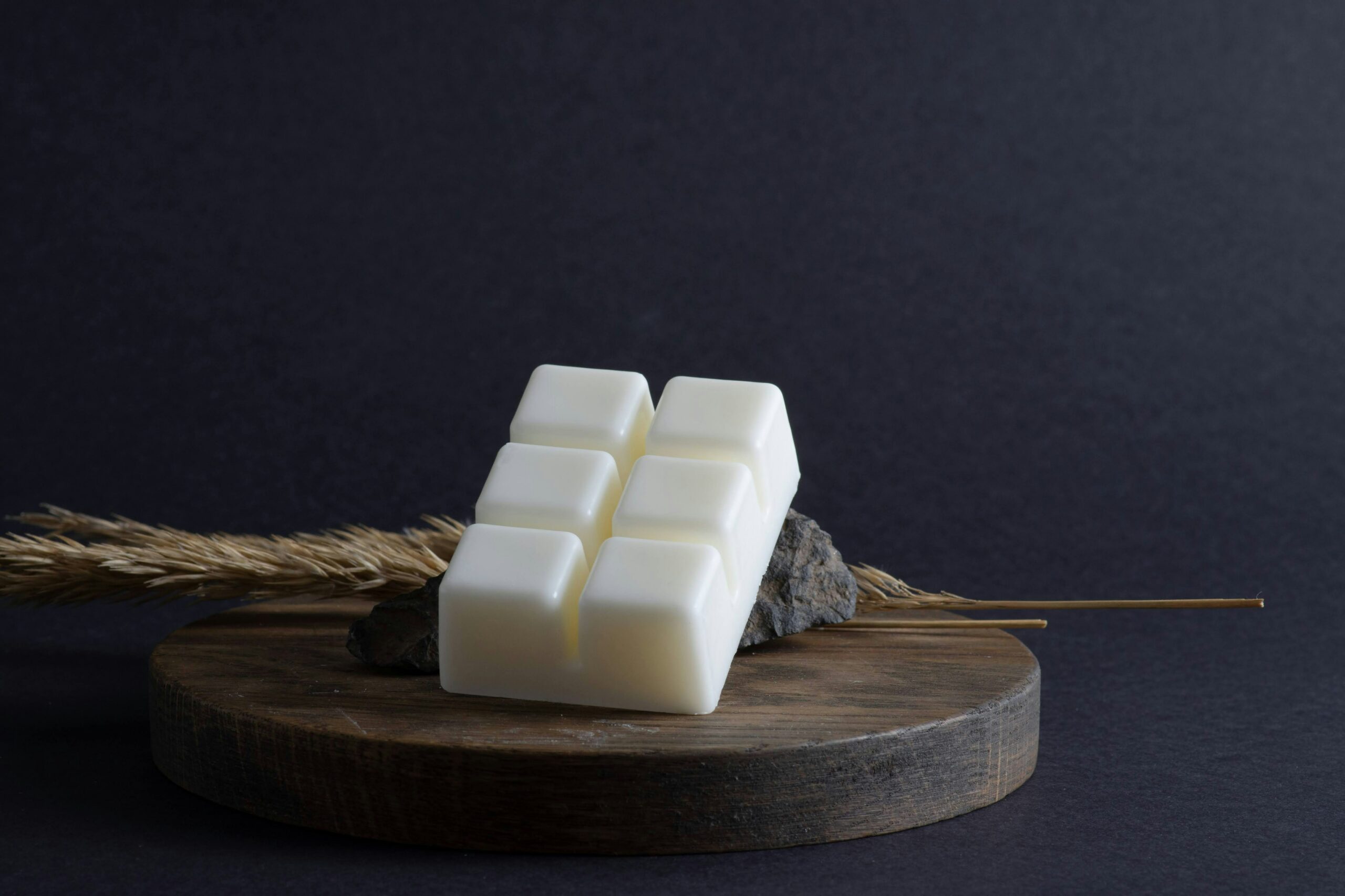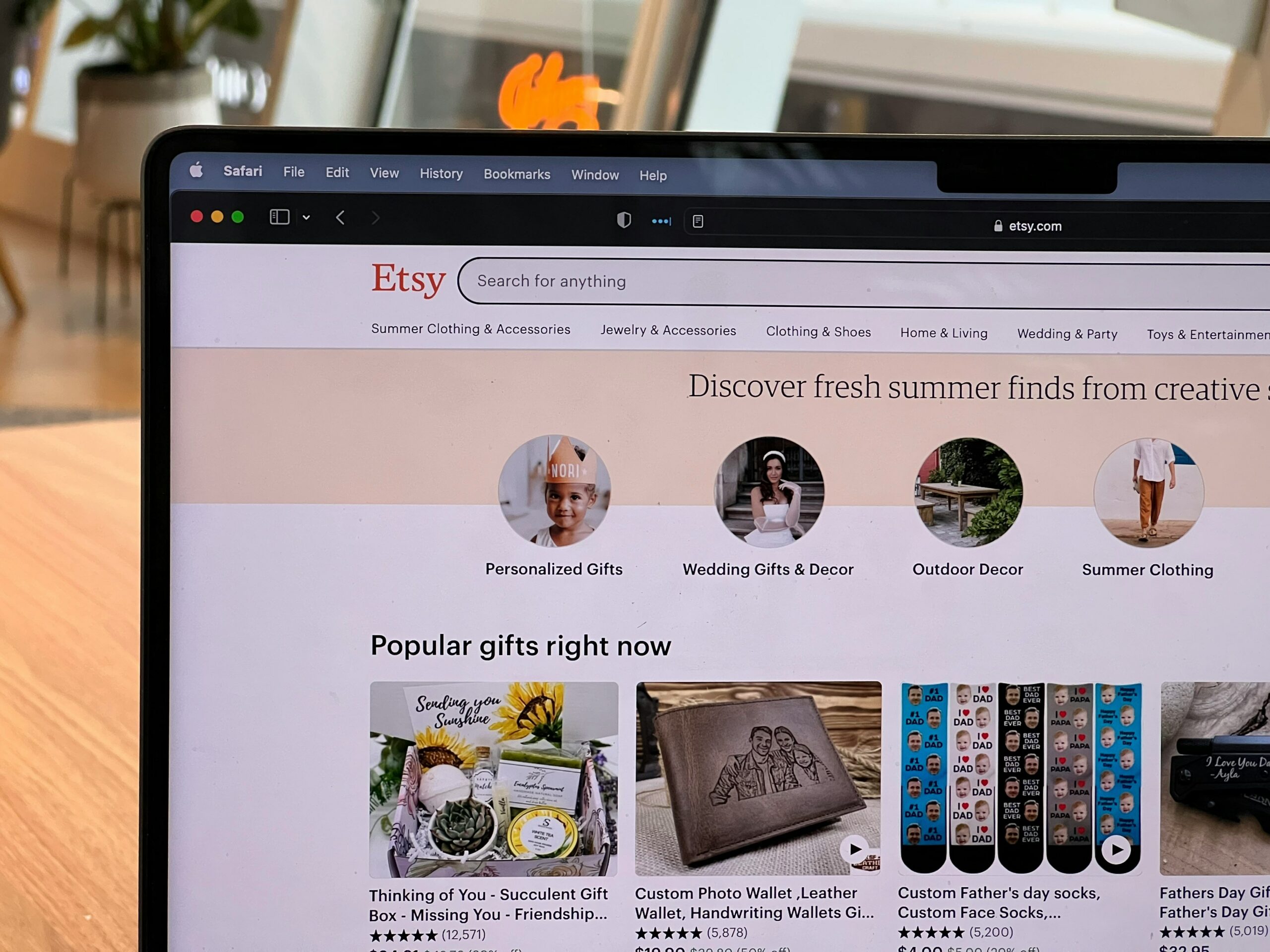Picture this: you’ve just perfected your signature lavender and vanilla candle blend. Friends and family are raving about your creations, and you’re dreaming of turning your kitchen-table hobby into a thriving candle maker business. But before you start counting profits from your next batch of handmade wax melts, there’s a crucial question: what are the legal requirements for selling homemade candles in the UK?
Don’t worry, navigating the legal maze isn’t as daunting as trying to get wax out of your favourite jumper (though we’ve all been there!). This practical guide walks you through everything you need to know about the laws on selling homemade crafts, specifically candles and wax melts. Wherther you’re a market trader, stallholder or selling online, you can focus on what you do best: creating beautiful, fragrant masterpieces.
Do I Need Permission to Sell Homemade Candles in the UK
The short answer is: it depends on how and where you plan to sell. Unlike some businesses, there’s no specific licensing requirement for candle making itself, but several legal obligations apply once you start selling commercially as a handmade seller or artisan maker.
If you’re planning to sell at craft fairs and markets, or as a casual trader, you’ll likely need different permissions compared to selling exclusively online. Most importantly, craft fair organisers will want proof that you have insurance before allowing market stall holders or event traders to trade.
The key legal requirements fall into several categories: product safety, business registration, labelling, and insurance. Let’s break each one down so you can trade with confidence.
What Legal Documents Do I Need for My Candle Making Business?
Business Registration Requirements
First things first: you need to register your candle-making business with HMRC for tax purposes. If you make any sales between 6th April 2024 and 5th April 2025, you’ll need to register for self-assessment by 5th October 2025. This applies whether you’re selling a few candles at the local village fête, trading regularly as an independent seller or building the next Jo Malone empire.
You’ll also need to comply with business name regulations. You must provide the business name, legal ownership name and an address where legal documents can be sent on all receipts, invoices, orders and business correspondence. This isn’t something to hide in tiny print at the bottom of your emails – make it clear and accessible.
Trading Standards Registration
You will need to register your candle-making business with the local authority and comply with health and safety regulations. Contact your local trading standards office to confirm specific requirements in your area, if you sell as a market vendor or pop-up trader as these can vary by council.

Are There Specific Safety Regulations for Homemade Candles?
Absolutely, and this is where things get serious. Candles must comply with the General Product Safety Regulations (GPSR) 2005, ensuring that they are safe for use and do not pose a risk to health and safety.
Essential Safety Testing
Before you can legally sell your candles as a retail trader or market seller, you need to conduct a thorough risk assessment to identify potential hazards associated with your candles, such as fire risks. This involves:
- Burn testing: Every candle design must be tested to ensure it burns safely for its intended duration
- Wick testing: Different wick sizes and types affect burn behaviour dramatically
- Container testing: Glass containers must withstand the heat without cracking
- Fragrance load testing: Too much fragrance oil can create safety hazards
Think of it like this: you wouldn’t serve food without checking it’s properly cooked, so don’t sell candles without proving they’re safe to burn.
New UFI Code Requirements
Here’s something that might surprise you: from 2025, the UFI code must appear on the label of all products containing hazardous mixtures. This is mandatory for handmade sellers trading in the UK. This identifier enables rapid response in the event of an emergency, and facilitates product traceability.
If your candles contain fragrance oils (which most do), you’ll need to obtain UFI codes and include them on your labels. This isn’t optional, it’s a legal requirement that’s already in effect.
What Information Must I Include on Candle Labels?
Proper labelling isn’t just about making your candles look professional. It’s a legal requirement that protects both you and your customers, especially if you sell as a market stall holder or event vendor.
Your candle labels must include:
- Your business name and contact details
- Safety warnings (e.g., “Never leave a burning candle unattended”)
- Burn time and usage instructions
- Allergen information if using fragrances
- UFI code (for products with hazardous mixtures)
- CE marking where applicable
Allergen Declarations
If you’re using fragrance oils, many contain allergens that must be declared on the label. The most common ones include limonene, linalool, and geraniol. Even if you’re buying “allergen-free” fragrances, double-check the supplier’s documentation – some allergens occur naturally even in essential oils.
Do I Need Insurance to Sell Homemade Candles?
Here’s where many new artisan sellers and candle makers get confused. For most online craft marketplaces, you don’t legally need insurance to sell your crafts. However, the reality is more nuanced.
When Insurance Becomes Essential
While not legally mandated for all sales channels, crafters liability insurance becomes practically essential as a market trader, stallholder, or event trader when you consider:
- Craft fairs and markets: Fair organisers will want confirmation that you have an insurance policy before letting you sell
- Product liability risks: Candles involve fire, hot wax, and chemicals – all potential hazard sources
- Public liability coverage: Essential if customers visit your stall or you attend events
Types of Insurance for Candle Makers
Candle making and wax melts insurance typically includes:
- Public liability insurance: Covers injury or property damage to third parties
- Product liability insurance: Protects against claims related to defective products
- Professional indemnity: Covers advice-related claims (less relevant for physical products)
Public liability insurance is especially important for sole traders,, makers, and creative sellers whose work involves interaction with the public. This includes crafters and artists selling handmade items such as candles. The good news? CMTIA offers comprehensive coverage starting from just £65 per year.
Can I Make Claims About My Candles’ Properties?
Be very careful here. If you’re tempted to market your candles as having therapeutic properties or specific health benefits, you’re entering regulated territory.
Avoiding Medicinal Claims
Unless you want to navigate the complex world of medicines regulation, avoid claiming your candles can:
- Cure ailments
- Provide medical benefits
- Act as aromatherapy treatments
Stick to descriptive language about scent and ambiance instead.
Insect Repellent Claims
If you market your candle as an insect repellent, you must register with the Health and Safety Executive (HSE). This involves additional testing, documentation, and fees. Which may not be practical for most small craft businesses.
What About Selling Handmade Wax Melts?
The good news is that wax melts follow similar regulations to candles, but with some key differences:
- No wick testing required (obviously!)
- Same fragrance and allergen rules apply
- UFI codes still necessary for fragranced products
- Packaging must be child-resistant if required by fragrance supplier guidelines
The main advantage? Wax melts are generally considered lower risk than candles since there’s no naked flame involved, making them popular with short-term traders and casual traders.

Where Can I Sell My Homemade Candles Legally?
Once you’ve sorted the legal requirements, you have numerous options for selling your creations:
Best Online Platforms for Selling Homemade Candles
- Etsy, Amazon Handmade, Facebook Marketplace
- Your own website
- Social media platforms
Physical Locations
- Craft fairs and markets
- Various venues for selling handmade crafts
- Pop-up shops and artisan markets
Remember, each venue may set extra rules for event vendors and temporary traders, in addition to legal obligations, so always check before booking.

Getting Started: Your Legal Compliance Checklist
Ready to launch your candle making business legally? Here’s your step-by-step checklist:
Before You Start Selling:
- Register with HMRC for self-assessment
- Contact local trading standards
- Conduct safety testing on all products
- Obtain UFI codes for fragranced products
- Create compliant labels
- Get crafters liability insurance
For Each New Product:
- Safety test the specific combination
- Check allergen requirements
- Obtain new UFI code if needed
- Update labels accordingly
Why Choose CMTIA for Your Candle Making Insurance?
CMTIA is trusted by market vendors, makers, and handmade sellers. When it comes to protecting your candle making business, CMTIA has earned 5 stars from over 704 customer reviews, making them a trusted choice for crafters across the UK.
CMTIA has several pricing options for crafters, with costs depending on various factors. Their comprehensive public and product liability coverage is specifically designed for small businesses and crafters, offering:
- Affordable premiums starting from £65 per year
- Coverage for both indoor and outdoor events
- Quick online quotes and easy claims process
- Specialist understanding of craft business risks
Light Your Candle Business Journey the Right Way
Starting a candle making business doesn’t have to feel like you’re fumbling around in the dark. While the legal requirements for selling homemade candles in the UK might seem overwhelming at first, they’re actually quite manageable when you break them down step by step.
Remember, these regulations exist to protect both you and your customers. A properly tested, labelled, and insured candle business not only meets legal requirements but also builds trust with customers who increasingly value transparency and safety.
The key is to view legal compliance not as a barrier to entry, but as a foundation for building a professional, sustainable candle making business. With proper insurance from specialists like CMTIA, thorough product testing, and clear labelling, you can focus on what really matters: creating beautiful candles that bring joy to people’s homes.
Ready to turn your passion for candle making into a legal, profitable business? Start by getting a quote for candle making and wax melts insurance and take the first step towards lighting up the craft business world the right way. Get a quote for candle making and wax melt insurance today and trade with confidence as a market trader, stallholder, or artisan maker.
Protect your candle and wax melt creations with comprehensive craft insurance from CMTIA. Get a quote in just 2 minutes and join thousands of UK crafters who trust CMTIA to protect their passion.



